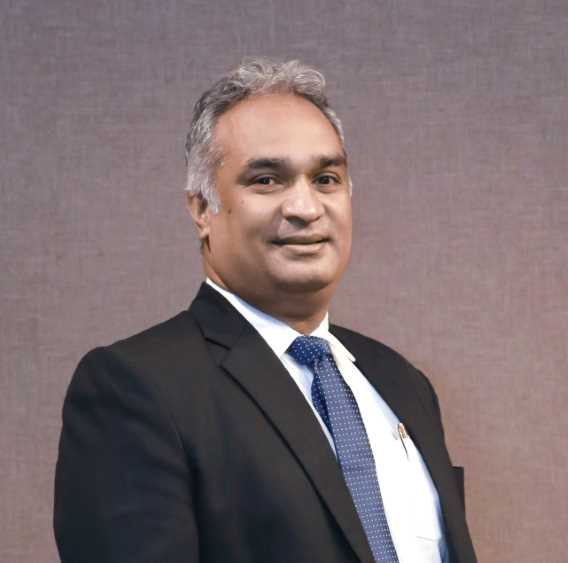
Social media platforms have become the epicentre of our collective digital discourse in an age defined by the relentless pace of technological advancement. These platforms have revolutionised how we communicate and emerged as influential players in the realm of politics, particularly during elections. I have observed with keen interest the profound impact of social media on our democratic processes, and it’s time to address a critical issue at hand: the role of social media in disseminating misinformation and how we can counter this growing challenge.
The Information Revolution: A Double-Edged Sword
The rise of social media has been nothing short of revolutionary. It has democratized information, giving voice to the voiceless and empowering citizens to engage with political discourse as never before. In the Sri Lankan context, it has allowed diverse voices to be heard, promoted transparency, and enhanced civic participation. However, like any powerful tool, social media comes with its complexities and risks.
Misinformation, the spread of false or misleading information, has emerged as a formidable challenge in the digital age. During elections, this menace is amplified, potentially influencing voter behaviour and public opinion and even undermining the very fabric of our democracy. Falsehoods, rumours, and unverified claims can spread like wildfire, often with malicious intent.
Social media platforms have a pivotal role to play in addressing the misinformation crisis. They are not just facilitators of communication but curators of the information landscape. As such, they are responsible for ensuring that the content disseminated on their platforms is accurate, fair, and reliable.
The Role of Community Guidelines
Social media platforms have developed Community Guidelines to tackle misinformation, a set of rules and standards that govern user behaviour. These guidelines serve as a cornerstone in maintaining the integrity of information dissemination. Community Guidelines are more than just rules; they are a commitment to fostering a safe and respectful online environment. They provide the framework for responsible content creation, striking a balance between freedom of expression and responsible conduct.
A global platform like TikTok has recognized its responsibility to maintain the integrity of information dissemination, particularly during elections. Their Community Guidelines, a set of rules that govern user behaviour, play a pivotal role in ensuring that those seeking to spread falsehoods do not hijack the platform. These guidelines are more than just a set of rules – they are a commitment to fostering a safe, responsible, and respectful online community. They provide a framework that strikes a delicate balance between free expression and responsible conduct.
Ensuring Fair Elections
During elections, the role of these guidelines becomes paramount. They serve as a safeguard against the spread of false information, divisive content, and external interference. Platforms that enforce these guidelines diligently can help ensure that the electoral process remains fair, transparent, and free from manipulation.
However, the responsibility doesn’t rest solely with the platforms. Users, too, play a critical role. Educating users about the significance of responsible content creation and the consequences of spreading misinformation is essential. Awareness campaigns and digital literacy initiatives are vital components of the misinformation mitigation strategy.
A Collective Endeavor
In conclusion, countering misinformation on social media during elections is a collective endeavour. It requires the vigilance of platforms, the active participation of users, the guidance of policymakers, and the scrutiny of civil society. As citizens, we must approach social media with discernment, verifying information before accepting it as fact.
Misinformation poses a clear and present danger to the democratic process. To safeguard our democracy, we must foster an environment in which social media platforms adhere to robust Community Guidelines; users are educated about responsible content creation, and the principles of truth and transparency guide our digital discourse.
As we look ahead to future elections, both in Sri Lanka and across the globe, let us remember that the power of social media can be harnessed for the betterment of our society and our democracy. It is up to us to ensure that this powerful tool remains a force for good, upholding the principles upon which our democracy is built.
[The writer is the Chairman of The Federation of Information Technology Industry Sri Lanka (FITIS)]



